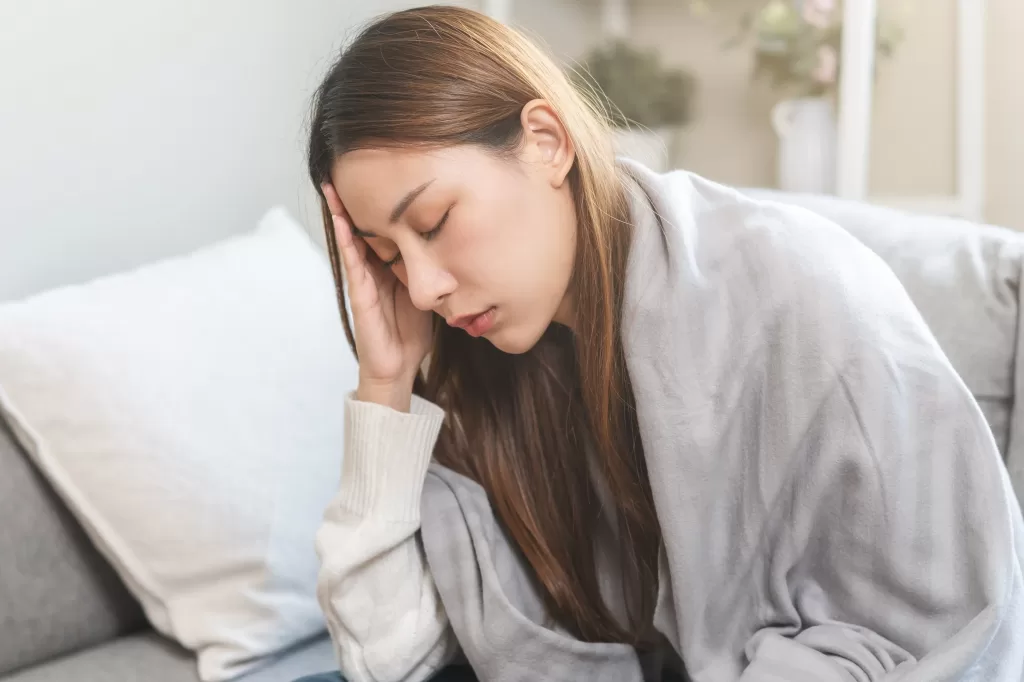Heading to a warm destination? Know the signs of dengue
Medically Reviewed by Dr AIFRIC BOYLAN
Last updated on 14.08.2024
Dengue is a virus that is carried by mosquitoes. When the specific type of mosquito that carries the virus bites you, it can transmit the virus into your bloodstream.
How is it spread?
Dengue is found in tropical and sub-tropical regions around the world. It is only rarely found in Australia because the mosquitoes that carry the virus are not widely present here.
It is common in parts of Africa, South America and Asia (including countries such as Indonesia, Thailand, Vietnam and Singapore).
Approximately 100 million people get dengue every year. 2023 had the highest recorded cases of dengue in history, affecting over 80 countries.
You cannot get this virus from person to person. You must be bitten by an infected mosquito to get dengue.
Symptoms to watch for
Most cases of dengue cause mild disease; so mild that you may not even realise you have it.
Symptoms can include:
- Fever
- Headache, centred mostly in your eyes
- Muscle and joint pains
- Enlarged lymph nodes
- Fatigue
- Nausea and vomiting
- Mild abdominal pain
- Faint, red rash
Symptoms generally start about three days after being bitten by a mosquito and last 1-2 weeks before resolving.
You are more likely to get severe symptoms if you have already had dengue before, even if it was many years prior. The more serious symptoms can include:
- Bleeding from your gums and nose
- Severe abdominal pain
- Bloody vomit or diarrhoea
- Loss of consciousness
- Rapid breathing
Severe dengue can lead to death.
How is dengue diagnosed?
If you are unwell and have recently travelled to an area that has dengue, you should immediately seek medical help. Your doctor will usually organise a blood test to look for specific antibodies to dengue. This is best done as soon as possible in order to correctly detect the infection.
What is the treatment?
There is no specific treatment for dengue. This means, there is no specific antibiotic or antiviral that can be used to clear the infection – your body needs to clear it. However, if you have dengue it is important to manage your symptoms and make sure you do not become dehydrated.
If you have mild dengue, the treatment usually involves:
- Hydration. This can include an oral rehydration solution that has sugar and electrolytes. The other option is to have intravenous fluids, particularly if you cannot keep liquids down due to vomiting.
- Analgesia. Due to the risk of bleeding with dengue, you should avoid aspirin and anti-inflammatories like ibuprofen because they can increase bleeding. Instead, stick to paracetamol and codeine.
- Rest. When you get dengue, you can have an overwhelming feeling of exhaustion that is deep and immovable. It is best to avoid exercise, work, alcohol and other factors that stress the body and instead stick to bed rest.
In severe cases, you may need to be admitted to hospital for more intensive treatment and to stem the bleeding associated with dengue.
Can you prevent dengue?
The best way to prevent dengue is to avoid mosquito bites. This is best done by:
- Wearing long sleeves and pants, particularly in light colours
- Using mosquito repellents such as DEET
- Using coils and vaporizers to kill mosquitos in your surroundings
There is a vaccine for dengue, but it is currently only recommended for children and adolescents who have previously had dengue and live in high-risk countries.
Take away
So when you are next planning a trip to a warm climate, consider whether you may be at risk of dengue and pack accordingly.
Getting a Mental Health Care Plan in Australia: Your Guide
Getting a Mental Health Care Plan in Australia: Your Guide Mental health matters—and if you’re feeling overwhelmed, anxious, or down, a mental health care plan can help. But what is it, and how do [...]
UTI Symptoms and Treatment: What You Need to Know
UTI Symptoms and Treatment: What You Need to Know Urinary Tract Infections (UTIs) are common, uncomfortable, and often disruptive. But what exactly are the signs to watch for, and how can you get relief [...]
Free Mental Health Care Plan Online | Bulk-Billed by Qoctor
Free Mental Health Care Plan Online | Bulk-Billed by Qoctor Discover how to get a free, bulk-billed Mental Health Care Plan (MHCP) in Australia through Qoctor's telehealth service. Accessing [...]






